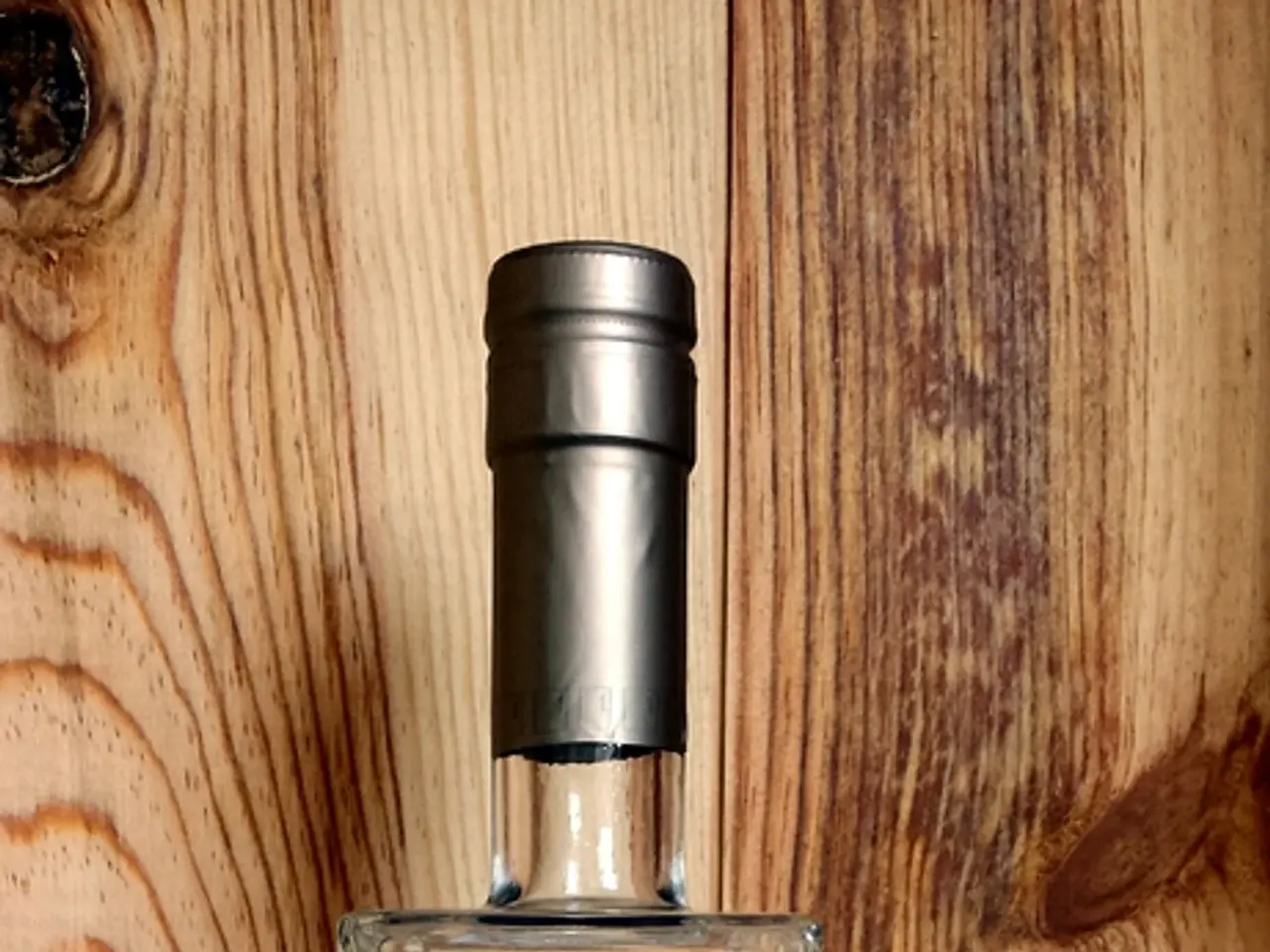Vodka's Caloric Content: Breakdown of Calories, Carbohydrates, and Nutritional Information
In the world of alcohol, finding a beverage that doesn't significantly hamper weight loss efforts can be a challenge. However, for those seeking a relatively low-calorie option, plain vodka might just be the answer.
A standard 1.5-ounce shot of 80-proof vodka contains approximately 97 calories, making it a relatively low-calorie alcoholic choice compared to many other beverages, especially flavored vodkas or cocktails mixed with sugary juices or sodas that can add 100 to 200 calories or more per drink. Higher proof vodkas have more calories, for example, 100-proof vodka has around 124 calories per shot.
One of the key factors that contribute to vodka's lower calorie content is its composition. Vodka contains no carbohydrates, fats, or proteins; its calories come solely from alcohol. This makes it a "low-calorie alcoholic option" compared to beer, sugary cocktails, or mixed drinks with sweetened mixers.
However, it's important to note that while vodka itself may be lower in calories, the mixers used can significantly impact its calorie count. For instance, a vodka soda is one of the lowest-calorie cocktail options because it avoids sugary mixers and adds hydration from soda water. On the other hand, vodka mixed with fruit juices, sugary sodas, or tonic water significantly increases calorie intake and negatively affects weight loss.
While vodka may be a better choice for those seeking to lose weight, it's crucial to remember that alcohol consumption can still impede weight loss in other ways. Alcohol metabolism prioritizes processing alcohol over fat burning, which can temporarily stall weight loss by halting fat oxidation for up to 12-36 hours. Alcohol can also slow metabolism, increase fat storage, and trigger emotional eating or poor food choices, which can further hinder weight loss regardless of the type of alcohol consumed.
In summary, vodka can be less detrimental to weight loss than many other alcoholic beverages if consumed in moderation and with low-calorie mixers like soda water. Drinking vodka neat or as a vodka soda minimizes extra calories, whereas sugary mixers or flavored vodkas increase calorie intake and fat storage risk. Thus, for weight-conscious drinkers, vodka is generally a better choice compared to higher-calorie alcohols, but the overall impact depends heavily on quantity, mixers used, and accompanying dietary habits.
Sources: [1] Healthline. (2021). Alcohol and Weight Loss: Is Drinking Booze Good for Your Diet? https://www.healthline.com/nutrition/alcohol-and-weight-loss [2] Verywell Fit. (2021). How Many Calories Are in Alcohol? https://www.verywellfit.com/how-many-calories-are-in-alcohol-4058743 [3] Mayo Clinic. (2021). Alcohol use and weight gain. https://www.mayoclinic.org/healthy-lifestyle/weight-loss/in-depth/alcohol/art-20048389
- In the realm of health-and-wellness, vodka, due to its low calorie content and absence of carbohydrates, could serve as a suitable choice for those prioritizing nutrition and weight-management.
- The science behind vodka's lower calorie count is rooted in its composition, as it contains no carbohydrates, fats, or proteins, making it a viable option for fitness-and-exercise enthusiasts who focus on calorie intake.
- While vodka might offer a relatively low-calorie alcoholic option compared to other beverages, it's essential to consider the impact of mixers, as they can significantly influence the calorie count, affecting both diet and weight-management strategies.







